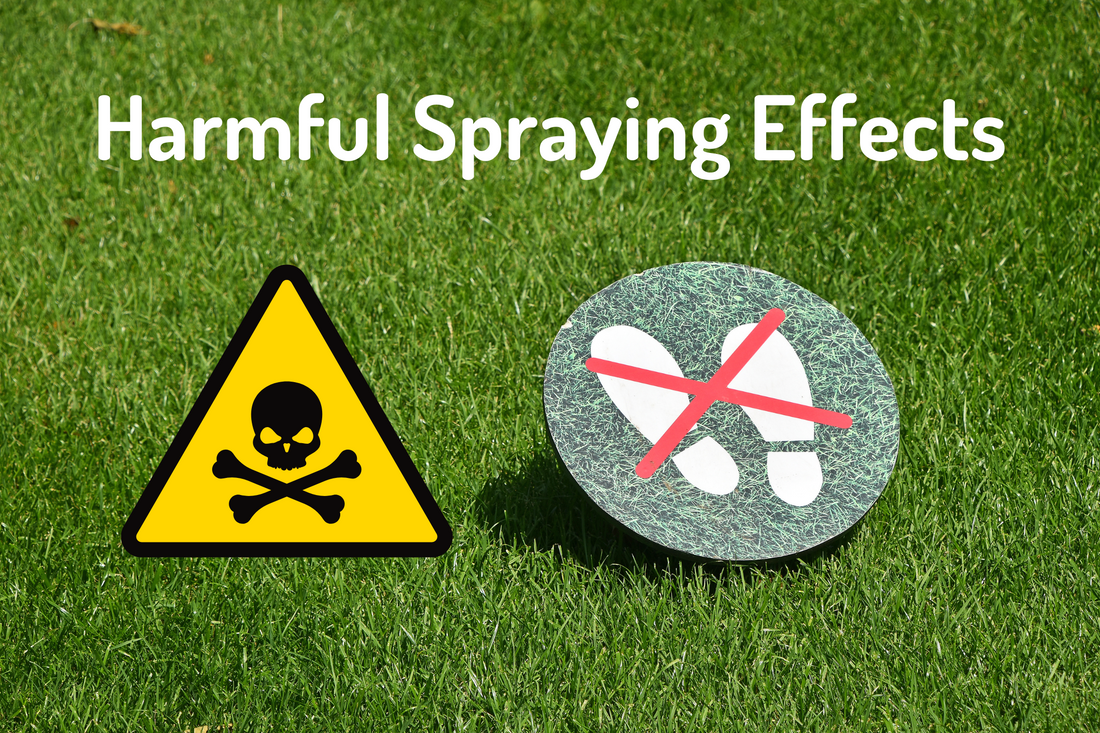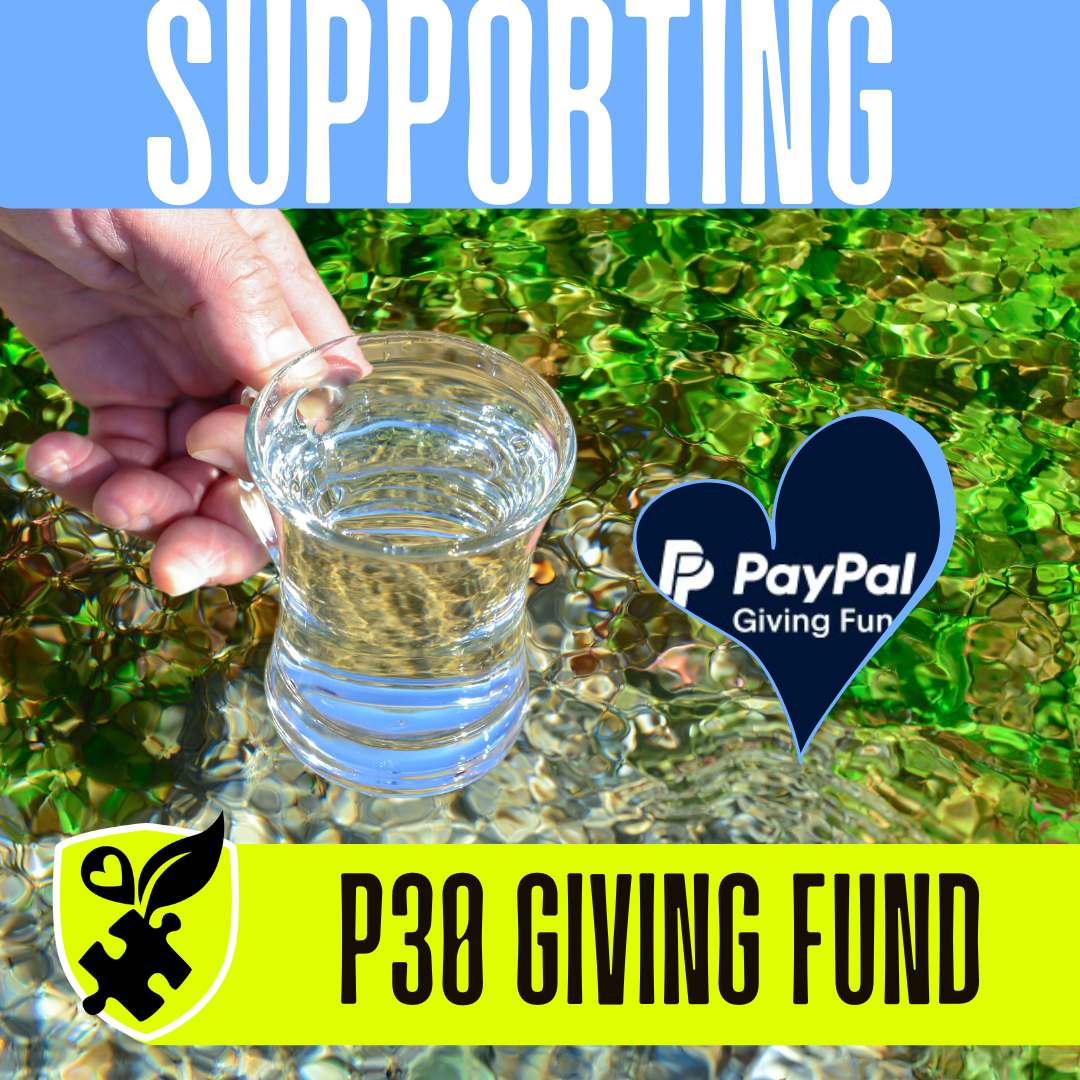Harmful Effects of Toxins and Chemicals
Touch to learn more
Respiratory Issues: Spray drift of pesticides, herbicides, and fungicides can introduce harmful airborne particles, causing asthma, bronchitis, and other respiratory problems.
Reduced Lung Function: Long-term exposure to airborne chemicals from agricultural spraying can impair lung function and increase the risk of lung diseases.
Contamination: Runoff of pesticides, herbicides, and fungicides contaminates drinking water sources, posing health risks, especially to vulnerable populations.
Aquatic Ecosystem Damage: Chemical runoff from agricultural fields harms aquatic life, disrupts food chains, and reduces biodiversity in rivers, lakes, and oceans.
Reduced Fertility: Pesticides, herbicides, and fungicides degrade soil quality, reducing its ability to support plant growth and essential microbial activity.
Bioaccumulation: Toxins from these chemicals accumulate in soil, entering the food chain through crops and posing risks to human and animal health.
Cancer: Exposure to certain pesticides and herbicides has been linked to increased cancer risk, particularly in agricultural workers and those living near agricultural areas.
Neurological Disorders: Some pesticides can cause neurological damage, affecting cognitive function and motor skills, especially in children and developing fetuses.
Endocrine Disruption: Many pesticides, herbicides, and fungicides act as endocrine disruptors, interfering with hormone function and leading to developmental and reproductive problems.
Species Decline: Pesticides, herbicides, and fungicides harm non-target species, including pollinators like bees and beneficial insects, leading to population declines and ecosystem imbalances.
Habitat Destruction: Chemical pollution from agricultural runoff degrades habitats, making them unsuitable for many species and reducing overall biodiversity.
Healthcare Costs: Treating illnesses caused by pesticide exposure puts a strain on healthcare systems and increases costs for affected individuals.
Agricultural Losses: Pesticide resistance reduces crop yields, and the loss of pollinators impacts agricultural productivity, leading to economic losses.
Environmental Remediation: Cleaning up contaminated soil and water from agricultural chemicals is expensive and time-consuming.
Citation: Information derived from general scientific consensus on the harmful effects of pesticides, herbicides, and fungicides.
Bibliography
- World Health Organization. (Ongoing). Pesticide residues in food. Retrieved from https://www.who.int/news-room/fact-sheets/detail/pesticide-residues-in-food
- UNEP. (Ongoing). Chemicals and waste. Retrieved from https://www.unep.org/explore-topics/chemicals-waste
- Environmental Protection Agency (EPA). (Ongoing). Pesticides. Retrieved from https://www.epa.gov/pesticides



















